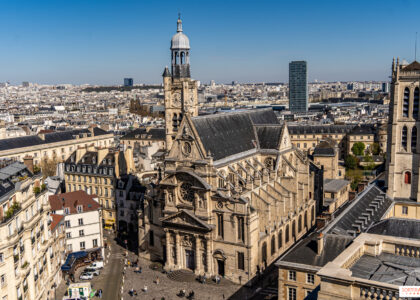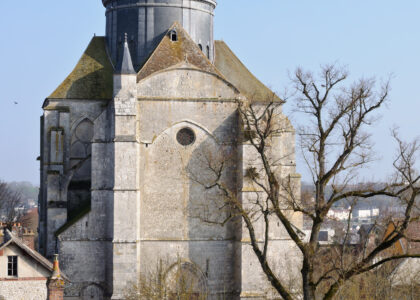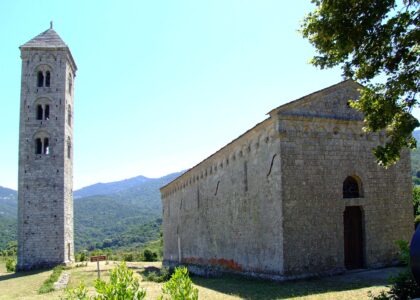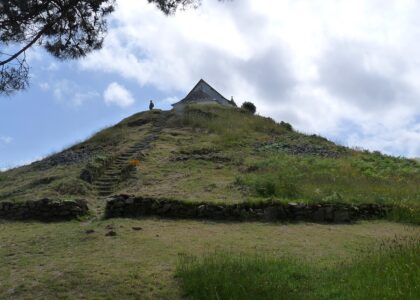Welcome to Auburn Pioneer Cemetery, a storied resting place that offers a window into the rich tapestry of Auburn, Washington’s history. Established in the 1860s, this cemetery began as a family plot on the Faucett family farm, a testament to the pioneer spirit of the early settlers. As you walk through the cemetery, you’ll step back in time to an era of change and resilience.
Originally known as the Faucett Cemetery, it served as the burial ground for the Faucett family, who claimed land in the area in 1864. The first recorded burial was that of a Faucett family member in the 1860s. This land, steeped in history, also harbors the memories of settlers who perished in the Treaty War of 1855-1856, hinting at its deeper roots.
Over the years, the cemetery became known by several names, including the Cemetery at Slaughter, a nod to Auburn’s former name, and the Japanese Cemetery, reflecting the significant contributions of the Japanese community. Around 1900, as Mountain View Cemetery was established on higher ground to combat frequent flooding, many European settlers’ remains were relocated there. However, the Japanese community, who often cremated their dead, continued to use Auburn Pioneer Cemetery, undisturbed by the waters.
One of the cemetery’s most distinctive features is its collection of Japanese grave markers. These were crafted by Chiyo Natsuhara and Reverend Takemura, who replaced the original wooden markers with concrete ones inscribed with kanji. These markers stand as silent witnesses to the enduring presence and contributions of the Japanese community in Auburn.
The cemetery has also seen its share of challenges. During World War II, it suffered from vandalism, yet the Japanese American community returned post-internment to care for the site. In 1962, the cemetery was transferred to the Auburn Parks Department, ensuring its preservation for future generations.
Today, Auburn Pioneer Cemetery is more than a burial ground; it is a testament to the diverse cultural history of Auburn. It serves as a reminder of the struggles and triumphs of those who came before us, and it remains a place of reflection and respect.





